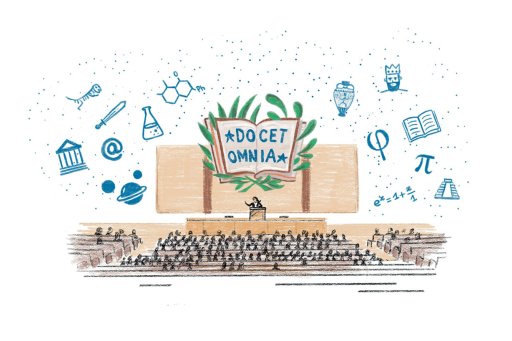
Blaise Pascal
(Edited by Jacques Chevalier, preface by Jean Guitton, afterword by Carlo Ossola)
Thoughts
" It is necessary to know oneself - writes Pascal - : when this would not serve to find the truth, it at least serves to regulate one's life, and there is nothing more just ". This classical heritage is combined, in the Pensées, with an acute awareness of the infinities that engulf us : this is the concern of our century, to which Pascal promptly responds :" But when the universe crushes him, man would still be nobler than that which kills him, since he knows that he is dying and the advantage that the universe has over him. The universe doesn't know .
Pascal's" pari" is not a calculation between possible options : it's a duty to be that engages our strength and our lives. This radical need to seek plenitude :" Learn that man infinitely passes man " appears, with consistent clarity, in the edition of the Pensées compiled by Jacques Chevalier (1882-1962), constantly reprinted from 1925 to 1991, preceded by the Preface by Jean Guitton that accompanied the 1962 edition.
Carlo Ossola's Postface essay traces the parable of the Pensées in modern times, evoking the authors who have drawn on this Pascalian infinity, from Baudelaire to Samuel Beckett, Pasolini to Éric Rohmer.
Pascal B., Pensées, Paris, éditions Les Belles Lettres, 2023, 432 p.
Price : 19 €
Publication :December 8 2023









